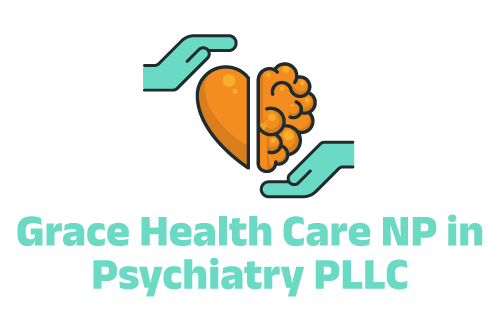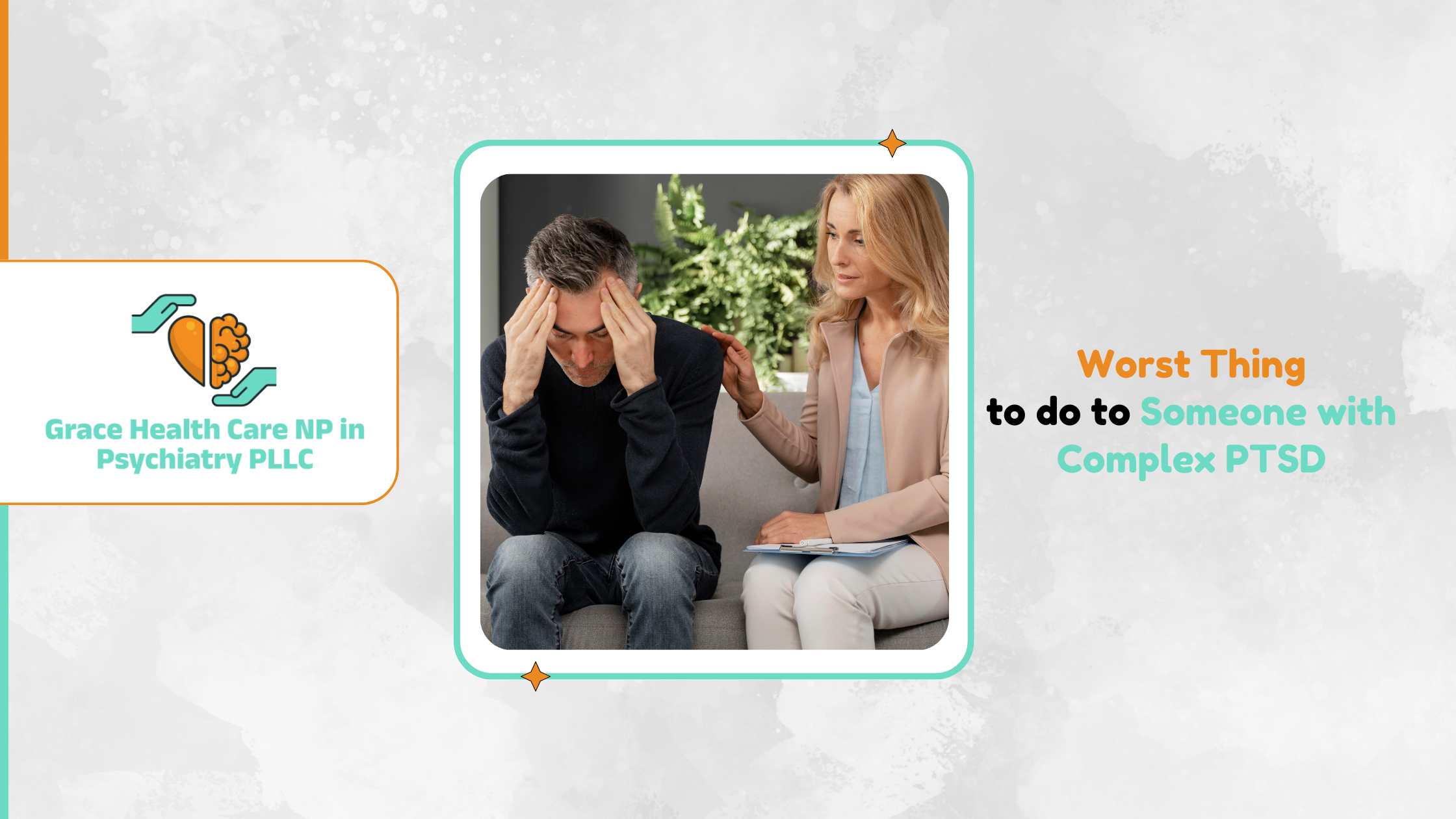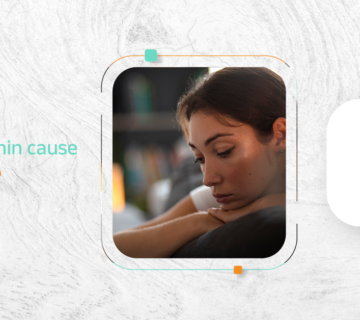What not to say to Someone with Complex PTSD
Do you know the worst thing to do to someone with complex PTSD? It creates more complications with your loved ones’ healing journey with PTSD.
Complex Post-Traumatic Stress Disorder (C-PTSD) is a serious mental illness that happens when people with PTSD are exposed to stressful events over and over again, usually as a child.
C-PTSD can happen after a long-term traumatic event, like being abused, neglected, or witnessing violence. This is different from regular PTSD, which usually happens after a single traumatic event.
Helping someone with PTSD takes patience, understanding, and empathy to help someone with this disease. But some things can make their conditions worse without meaning to, which can make their recovery even harder.
Do your loved ones have PTSD? No worries—Grace Health Care NP in Psychiatry PLLC combat mental health stigma. You should visit here.
Worst Thing to do to Someone with Complex PTSD
Here are some of the worst things to say someone with C-PTSD you should avoid:
-
Intentionally Triggering PTSD
Downplaying or ignoring their trauma is one of the worst things to say someone with C-PTSD. Saying things like “It wasn’t that bad” or “You should just move on” can feel like an attack on their experience, and it can make them feel even worse about their feelings. This can make them feel even more shame and guilt about their trauma.
How to talk to someone with PTSD?
Accept their pain without passing judgment. You don’t have to fully understand what they’re going through to fully show care. Just letting them know that you understand their pain can be a big step toward healing.
-
Pressuring Them to “Get Over
If you say people with PTSD to “just get over” their pain and go back to “normal.” But getting over a traumatic event is a very personal process that takes time and work. If you try to get someone to get better faster, they might feel like a failure, get angry, or even give up.
Things to help PTSD, you should be patient with them as they heal. There is no set time for healing from C-PTSD. Let them know that they are allowed to take as much time as they need to heal, and offer your support along the way.
-
Re-Traumatizing Them
Activities, conversations, or places can bring back worst trauma and cause flashbacks or emotional distress. Loud noises, aggressive behavior, or even certain smells can take someone struggling with PTSD. This can be very upsetting and may cause more emotional harm.
Helping someone with PTSD try to understand their triggers and avoid exposing them to triggering situations. Make sure they feel safe when you’re around, and always ask them if they are okay with certain activities or talks.
-
Not Respecting Their Limits
As a way to protect themselves, people with C-PTSD often set strong personal limits. Some examples of these limits are limits on touching, personal space, or talking about feelings. If you don’t respect these limits, it can make them feel even more helpless and out of control, which are core to their trauma.
Always respect their rights. Before giving them physical comfort, ask them first, and be aware of their emotional boundaries. Make sure they always feel like they’re in charge of the conversation.
-
Criticizing the Ways They Deal with Stress
People with PTSD may use a variety of coping strategies, some of which may seem strange or even harmful to someone who is not familiar with them. Most of the time, these ways of coping are survival techniques that helped them get through their trauma. By criticizing or making fun of these behaviors, you can make them feel even more ashamed and inadequate.
Instead of criticizing, try to figure out why these ways of dealing are used. Encourage them to use healthy ways to deal with stress, like therapy or mindfulness practices, without making fun of the ones they have used in the past.
-
Dismissing Their Emotional Reactions
People with C-PTSD may have strong emotional responses to things that don’t seem like big problems. Some of these responses are anger, sadness, worry, or even feeling emotionally numb. Telling them to “calm down” or “not overreact” can make them feel like they are not being heard or understood.
Dealing with someone with PTSD listen to how they feel without judging them. Let them talk about how they feel and give them a safe place to do so. It’s important to be empathetic, even if their emotional reactions seem disproportionate to the situation.
-
Assuming Their Trauma Is in the Past
A misconception about trauma survivors is that, once safe, the trauma is behind them. Yet, trauma can linger long after the events have ended. C-PTSD can cause daily trauma. It leads to flashbacks, nightmares, hypervigilance, and emotional distress.
Recognize that trauma is not confined to the past for someone with C-PTSD. Their experiences still affect them. Their trauma is ongoing, despite the past. It is crucial to acknowledge this.
-
Overloading Them with Advice
Though well-intentioned, unsolicited advice can overwhelm people with PTSD. Advice like “just think positively” or “don’t dwell on it” downplays their trauma and feelings.
Offer support rather than advice. Ask how you can help and let them guide the conversation. Sometimes, they may simply need someone to listen rather than provide solutions.
-
Handling Them as If They are Weak
While people with PTSD may need extra care and understanding, treating them like they are fragile or broken can be harmful. They often already feel ashamed and weak because of what happened to them. Being too gentle or treating them like babies can make these feelings worse.
Show them respect and recognize how strong they are. They are strong because they have been through and survived their pain. Recognize their strengths and give them the care and support they need to feel empowered.
-
Making It About You
When someone with PTSD doesn’t act as expected, it can be frustrating or hurtful. Saying “Why can’t you just let it go for my sake?” makes their trauma about you, not their healing.
People with PSTD need your attention on what they’re going through. Help them without making them feel bad about how their trauma affects you. Remember that their recovery is not about you, and your job is to help them without adding to their mental stress.
Wrapping Up
The worst thing to do to someone with complex PTSD.
People with PTSD need patience and empathy when supporting someone with complex PTSD. Avoid hurtful remarks and actions to create a healing space.
People recoveries follow diverse paths, advancing at distinct rates. Listen with compassion, honor boundaries, and show understanding.
Helping someone with PTSD who needs your support helps them feel seen and valued on their healing journey. It can make a big difference.
FAQs
1: What are the symptoms of C-PTSD?
Regular signs from C-PTSD are flashbacks, the horrors of dreams, feeling emotionally non-responsive, hardship when controlling emotions, guilt or shame, difficulty in relationships, and feeling cut from the world.
2: Can C-PTSD be treated?
Yes! C-PTSD can be worked on using sessions with therapists, medicines, and lifestyle alterations. Techniques like CBT, EMDR, and solutions that focus on trauma are used often. Always ask for expert help that suits your needs.
3: How can I support someone with C-PTSD?
You can aid a person with C-PTSD by listening openly, honoring their personal space, being patient through their healing period, and avoiding stuff that triggers them. Push them to ask for expert help if it’s necessary.







No comment